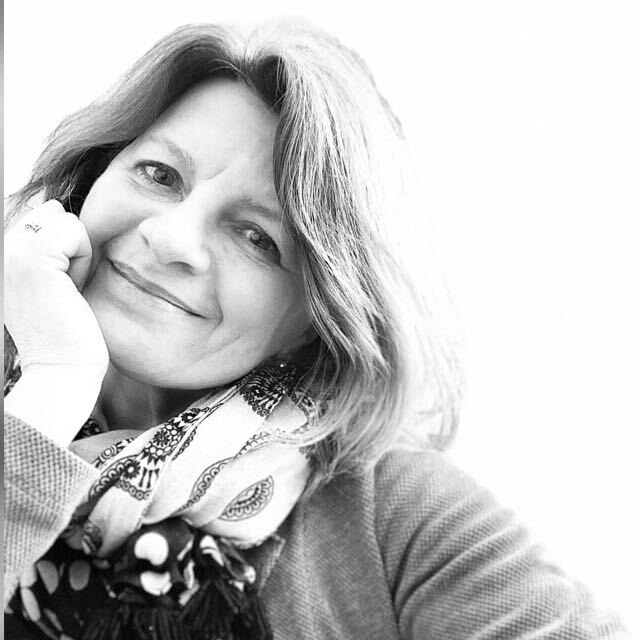Tamara is the marketing manager at GRENA, the Georgian Research and Educational Networking Association.
Tamara, can you tell us more about GRENA’s involvement in the area of open science?
GRENA is deeply committed to the advancement of open science in Georgia and actively contributes to the European Open Science Cloud (EOSC). The EOSC serves as a unifying platform, bringing together national and European stakeholders, initiatives, and e-infrastructures to foster an inclusive open science ecosystem across Europe. At GRENA, we recognise the paramount importance of cultivating a trusted, virtual, and federated environment that transcends geographical boundaries, all while adhering to the core FAIR (Findable, Accessible, Interoperable, Reusable) data principles.
Does GRENA offer services or organise activities in support of Open Science?
Within the framework of the EC-funded NI4OS-Europe project, GRENA prepared and facilitated the signing of a Memorandum of Understanding (MoU) on the Georgian Open Science Cloud initiative. Signed by sixteen parties, the MoU aimed to:
- Support the development of a national strategic vision for the optimisation of data services in favour of scientific research and innovation.
- Promote the inclusion of other national institutions in the development of the Georgian Open Science Cloud Initiative.
The increased visibility, accessibility, and usability of Georgian scientific publications and research profiles within the European scientific community have been made possible through the cooperative efforts of GRENA and the National Science Library of Georgia. Over the course of NI4OS, GRENA provided guidance and support to the library team in establishing openscience.ge, the digital repository for Georgian scientific publications that is in compliance with open science principles. The repository is now available in the EOSC catalogues and comprises electronic journals, articles and research data.
GRENA also supported research on brain disorders by providing technical assistance and computing resources for the establishment of an online EEG (electroencephalography), database portal: EEGHUB.GE. EEGHUB.GE is the first electronic EEG database in Georgia to be systematised, stored and placed in the European Data Format (EDF). Free of charge for European and local scientists and based on FAIR principles, the portal has been selected by NI4OS as a thematic service and is available in the EOSC marketplace.
Finally, GRENA is offering GCloud.ge, its own cloud service based on OpenStack and providing Infrastructure as a Service (IaaS) along with a variety of applications and integrated developer-friendly services. This cloud service – included in the EOSC marketplace – offers users full access to their virtual infrastructure, automated and quick installation of commonly used services and applications, and includes a ready-to-use GitLab service for version control and an efficient resource usage charging policy.
Why are you attending the Open Science Fair in Madrid this year? And which sessions did you enjoy the most?
I find the concept of novelty in the field of open science truly fascinating. Innovation and fresh ideas can have a profound impact on how we collaborate, share knowledge and advance research. Personally, I am particularly intrigued by discussions around the intersection of open science and AI, open science and circular economy, as well as on the evolving landscape of research assessment, and I believe that exploring these areas can lead to exciting breakthroughs and improvements in scientific practices.
The session “AI with and for Open Science” was particularly intriguing because it delved into the latest developments in AI and how they are being applied. It featured real-world examples, which I found both informative and inspiring, and a panel discussion exploring AI’s role in supporting scientific discovery from various perspectives, including ethics, algorithms, and infrastructure, with a focus on open infrastructures.
I also appreciated a workshop exploring how AI and open science can accelerate the transition to a Circular Economy, which sparked stimulating discussions on challenges such as transparency and reusability of project results. I personally believe that the transition to Circular Economy is crucial for environmental protection, innovation, and job creation. The workshop aimed at developing practical solutions and involved collaborative group work, including defining problems, providing context, and mapping stakeholders as a base for future research and solutions.
This year’s Open Science Fair was titled “Charting the course: reimagining Open Science for next generations”. What would you like to see in the future of open science?
I’m excited about the potential for open science to evolve and make an even greater impact. In the future of open science I would like to see greater accessibility, interdisciplinary collaboration, ethical practices, innovative technologies. Open science should be accessible to everyone, breaking down barriers to participation, despite geographic location or economic status, thus enhancing its global impact.
In the EOSC Marketplace this is labelled as GCloud.ge, and the addition of “.ge” might help to differentiate from Google Cloud, often abbreviated as GCloud


